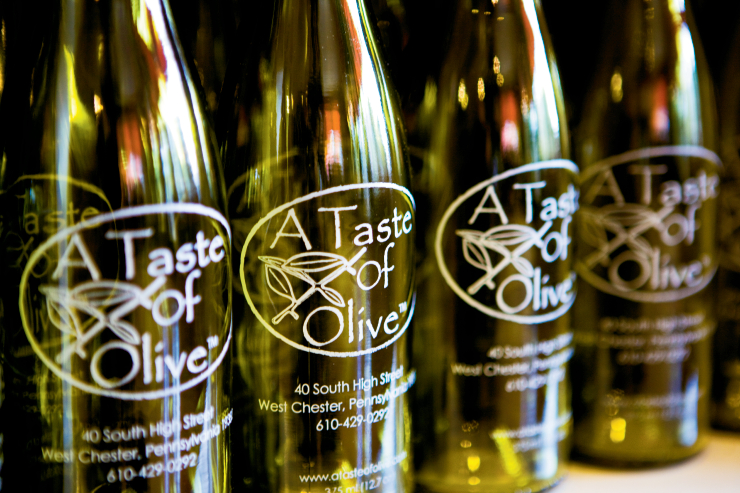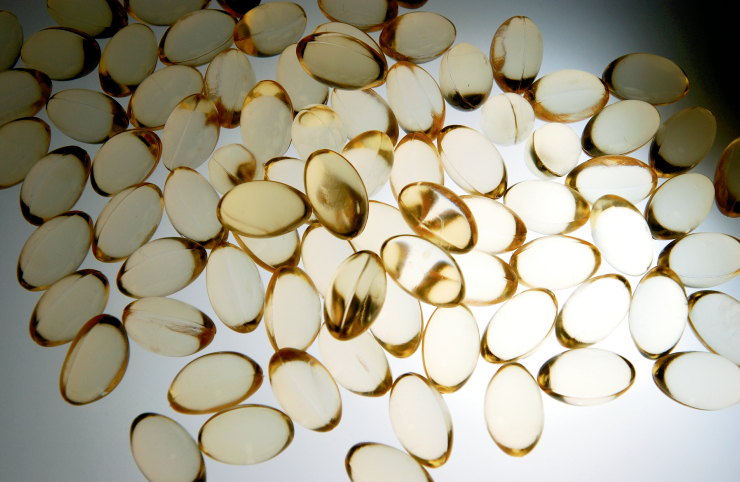Home > Lifestyle > Food For Thought > Nutrition Basics Explained
Nutrition Basics Explained
There’s lots of jargon floating around when it comes to how you should eat and what foods are healthy. From the latest weight-loss trend to always-changing dietary advice, it’s hard to know what you should be paying attention to.
But while it’s true that nutrition is constantly evolving, starting with the basics will give you a foundation to help you sort through what you need to live a healthy, wholesome life.
Water

Water is one of the most important things our bodies need. Water is used in every cell, tissues and organ in the body, so getting enough daily is essential. Mose of our water needs are met through drinking water, but you can also get fluid through foods. For example, broth soups, celery, tomatoes, orange and melons are 85 to 95 percent water.
Water keeps the body’s temperature normal, it lubricates your joints and helps get rid of waste. It’s easy to lose water through sweating, going to the bathroom and even small amounts when you exhale. Drinking lots of water replenishes what you lose.
To help increase your water intake, try carrying a water bottle when you run errands or are at work, choose water when you’re eating out, and choose water instead of sugar-sweetened beverages.
Dietary Fat

Lots of questions arise about fat. Are there good fats? What counts as fat? What are the fats I should avoid? To separate the good from the bad, remember that polyunsaturated and monounsaturated fats are better for you than trans fats, saturated fats and cholesterol.
According to the Centers for Disease and Control, Americans are recommended to consume less than 10 percent of calories from saturated fats, replace solid fats with oils when possible and eat fewer than 300 mg of dietary cholesterol per day.
To get all the information and a breakdown of what each type of fat does for your body, visit the Center for Diseases and Controls page on dietary fats.
Carbohydrates

What’s all the hype about carbohydrates? Let’s start with the basics. Your body uses carbohydrates to make glucose which is the fuel that gives you energy. Your body can use glucose immediately or store it in your muscles and liver for later use.
Carbohydrates can be found in fruits, vegetables, bread and other grains, milk and foods containing added sugars like sweets and baked goods. The healthier choices with carbs provide dietary fiber and whole grains, while it’s best to eat the less healthy options with added sugars in moderation.
There are two types of carbohydrates, which are complex and simple. Complex carbs consist of starch and dietary fiber, which has to be broken down through digestion before your body can use it. Simple carbs include sugars that are found naturally in fruits, vegetables, milk and milk products. They also include added-sugar foods, which generally have less nutrients than foods that have naturally-occurring sugars.
Learn more about carbohydrates here.
Protein

Proteins are part of every cell, organ and tissue in our bodies. They are constantly being broken down and replaced by the protein in the foods we eat. Foods that are high in protein include meats, poultry and fish, legumes, eggs, nuts and seeds, milk and milk products, and grains.
Proteins are made up of amino acids, which are the building blocks of the protein. Our bodies can’t naturally make some of these amino acids, so these are called essential amino acids – as it is essential that our diet provide them. Proteins are labeled according to how many essential amino acids they provide. For example, complete proteins provide all essential amino acids. Incomplete proteins are low in one or more of the essential amino acids.
In general, it’s recommended that 10-35 percent of daily calories come from protein, but it varies depending on age and gender.
Learn more about protein here.
Vitamins and Minerals

Vitamins and minerals are both organic substances that our bodies need. Vitamins are made by plants or animals and minerals come from the earth. Your body needs both vitamins and minerals to develop normally.
Each vitamin and mineral plays a unique role in health, as each has a different purpose. Vitamin D helps your body absorb calcium, whereas Vitamin C helps your immune system. You can get most vitamins and minerals through the foods you eat.
You can learn more about what specific vitamins and minerals do for your health here.
The basic food groups are also a very important thing to know when trying to sustain a healthy diet. Check here for information about food groups and what types of foods are included in each group.
Source: cdc.gov



